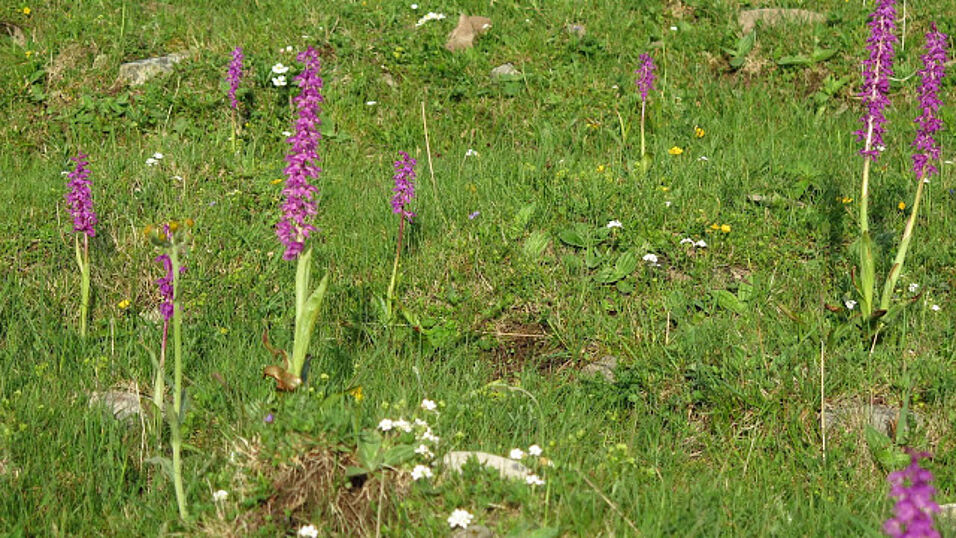They show which species are particularly vulnerable, rare, or even threatened with extinction. However, as far as the endangering of whole habitats by man is concerned, much less has been the focus of science. An international team of researchers with the participation of Franz Essl and David Paternoster from the Department of Botany and Biodiversity Research of the University of Vienna is now publishing for the first time a European Red List in which the threat of 490 habitats in 35 European countries was assessed. The results are sobering: more than a third of all habitats in Europe are at risk. [read more]

